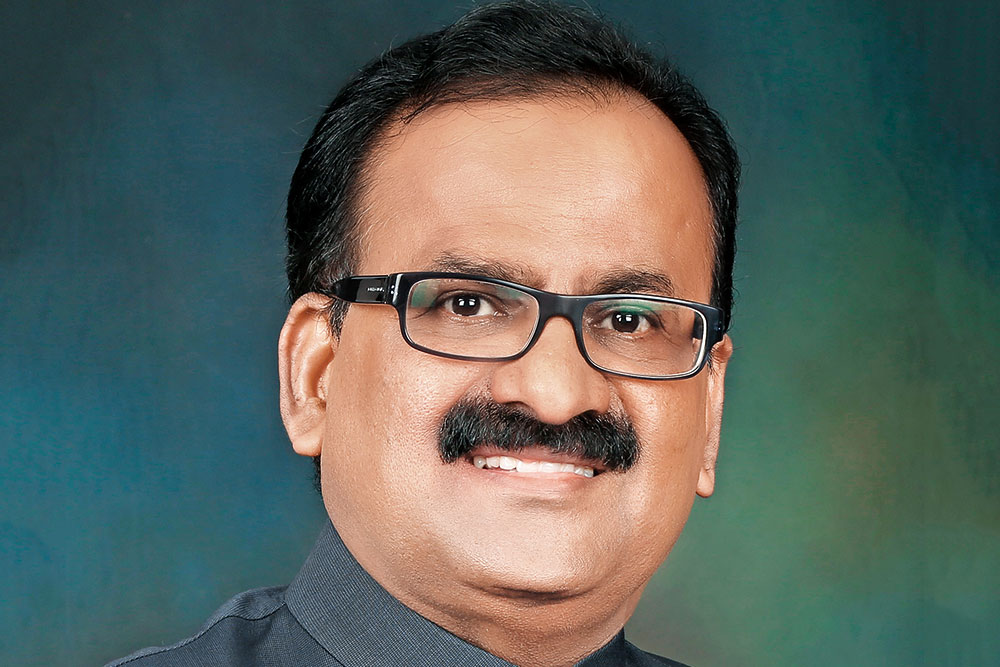K S Rao, Head - Investor Education & Distribution Development, Aditya Birla Sun Life AMC Limited
In 2021, there were lessons learnt, un-learned and re-learned. In 2022, these changes will continue to govern a greater part of our lives. Reflections pave the way for resolutions and that helps all of us make progress in maintaining and building financial health.
Takeaways From 2021
Insurance is a must: In the event of a major health crisis, access to medical facilities can become a vicious demand and supply game. Insurance can be the much-needed support for you and your family to get appropriate medical attention in such circumstances.
Plan for emergencies: Lockdown curbs meant many lost jobs or saw salaries being slashed. All of this coupled with mounting medical expenses brought about unspeakable misery. In such situations, a solid emergency reservoir can be a boon. Those who had emergency funds to tap into may have been able to avoid taking debt, drastically compromising on their needs but also preventing a complete derailment of their medium to long-term financial goals.
Diversification is not just jargon: The past year served to reinforce the necessity of maintaining adequate levels of diversification in one’s portfolio – the stock market had too many crests and troughs, which evoked panicked reactions. Many also incurred heavy losses due to the concentration of a particular asset class. This highlighted the need for ample diversification so that the hit taken by one asset class could be buffered by other independent assets. Maintaining a disciplined approach in investing is of paramount importance and the benefits of mutual fund investments in this regard trumps over any other asset class.
Resolutions For 2022
Power of budgeting: Often, we don’t realise how a bunch of incongruous small expenses eat away at our saving and investing capacities. It is undeniably hard to not give in to temptations but learning to differentiate between needs and wants can save you from many money-related bad decisions.
Tweak investment strategies: Complacency is a common trap that many in the retail investor community get caught in. Building one’s portfolio is a continuous exercise. It is imperative to map your actions to your goals regularly to stay on track. Asset classes that performed well until a few months ago may have become a liability, changes in your life situation may have caused expenses to skyrocket, or increased debt may have brought down your risk-taking abilities. Make sure your investment choices stay aligned with your capabilities and life goals.
Beware of debt traps: Judicious use of debt can be a game changer. But it is also easy to get pulled into a debt trap. High-interest charges on loans and credit cards can compound your problems. Before taking a loan, get a complete picture of how the loan is going to impact your finances and whether the purpose is absolutely warranted.
Write a Will: The Covid crisis caught many families unprepared. A Will can provide a solid safety net and save your loved ones from painful legal tussles. A Will can mitigate expenses, effort and tedious paperwork and also disputes within the family over movable and immovable assets. Ensuring that your bank accounts and deposits have the right nominations can also go a long way in ensuring the security of your family members.
Active role for women in financial decisions: The year that went by served to remind us of the need for the financial inclusivity of women – they may have very different financial needs from men and many women who do not understand basic financial concepts find themselves in vulnerable situations if something happens to the members of the family who control the finances. Getting more women involved in active financial planning can go a long way in improving the quality of their lives and there can be significant positive trickle-down effects on the society and the economy.
DISCLAIMER : Views expressed are the author’s own

